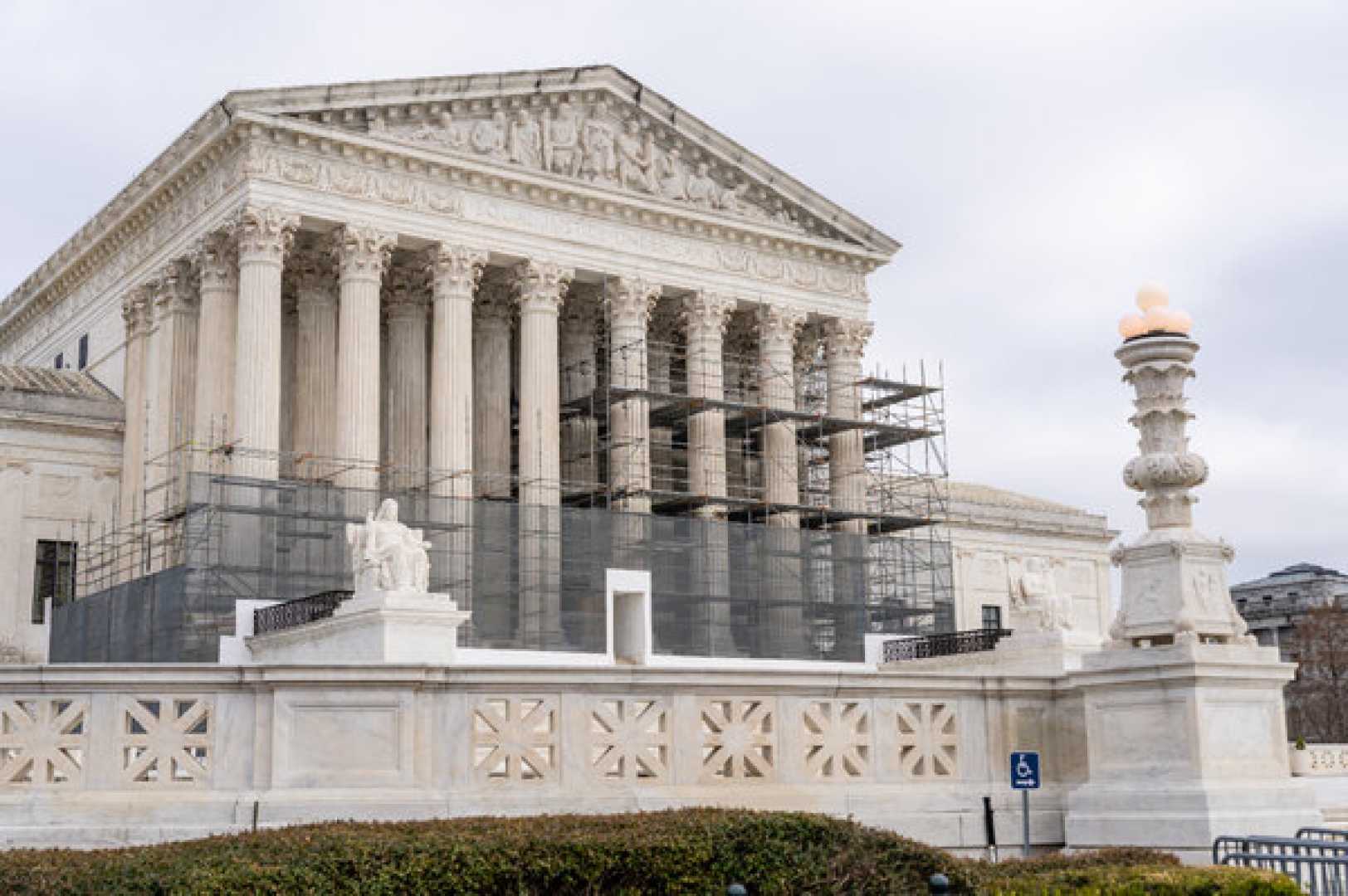Politics
Supreme Court Rejects Funding for Religious Charter School in Oklahoma

WASHINGTON, D.C. — The U.S. Supreme Court on Thursday rejected a proposal to use taxpayer money to fund a religious charter school in Oklahoma. The decision, which was a 4-4 deadlock, upheld a previous ruling stating the plan was unconstitutional.
This ruling is a significant setback for proponents of expanding public funding for religious schools. Critics argue that such funding undermines the principle of separating church and state. The absence of a majority opinion raises questions about whether the First Amendment permits states to fund religious charter schools.
Only eight justices participated in the case, with Justice Amy Coney Barrett recused. The ruling leaves intact a decision from the Oklahoma Supreme Court that blocked the establishment of St. Isidore of Seville Catholic Virtual School. This decision caps a lengthy legal battle over the intersection of religion and state-funded education.
The Oklahoma Statewide Charter School Board initially approved St. Isidore’s contract, igniting legal challenges. Oklahoma Attorney General Gentner Drummond led the effort against the school and won in the state’s top court. Drummond’s office argued that taxpayer funding for religious schools contradicts Supreme Court precedents mandating public schools be secular.
Attorney James Campbell, representing the charter school board, expressed disappointment, stating, “Oklahoma parents and children are better off with more educational choices, not fewer.” The crux of the case revolved around whether St. Isidore should be classified as a state actor.
In a statement, Drummond emphasized his commitment to upholding the law, asserting, “I am proud to have fought against this potential cancer in our state.” He highlighted the Supreme Court’s previous rulings that prevent public funding for schools with religious affiliations.
The court did not provide insights into the individual justices’ votes. However, during oral arguments, four conservative justices appeared to favor the charter school’s arguments. In contrast, the three liberal justices sided with Drummond’s position.
In a separate ruling on the same day, the Supreme Court unanimously sided with the federal government in a case regarding wire fraud allegations against Stamatios Kousisis and Alpha Painting & Construction, related to contracts awarded by Pennsylvania’s Transportation Department.












